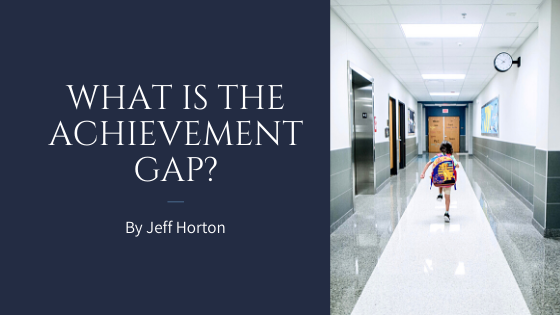It is an open secret in the modern educational system that serious performance gaps exist between various subsets of students. In most school settings, for example, students from wealthy backgrounds will often outperform students from impoverished backgrounds, and the children of recent immigrants will often underperform in their studies compared to their peers. These differences in academic performance between otherwise equally-capable students are often referred to by education professionals and psychologists as the “Achievement Gap.” Such differences constitute a huge problem in the modern education system.
The Root Causes of Disparate Educational Outcomes
The answer to why the achievement gap exists may lie in traditional societal attitudes to education. In countries like the US and Great Britain, for example, wealthier students have simply been able to afford better education for generations.
Educational funding for public schools in the US often comes from sources derived from local tax initiatives. That means that wealthier suburbs will be able to afford better educational resources for their schools; conversely, low-income areas in inner cities and rural areas will usually have a paucity of resources to devote to their local students.
This gap is especially wide in the United Kingdom, where wealthy students will have greater access to private institutions. While some schools in the UK will struggle to send their students to any university whatsoever, elite private schools are able to send around a third of their student body to the universities of Oxford and Cambridge. In the US, elite schools such as Harvard College draw almost a third of their student bodies from the children of alumni.
The Psychological Causes of Achievement Gaps
It has been shown by psychologists again and again that the kind of environment that impoverished students and recent immigrants experience at home can have a damaging effect on academic performance. Families struggling with financial insecurity can often pass on stressful feelings to vulnerable children; for the children of recent immigrants, feelings of social alienation can also have a marked effect on behavior patterns. These kinds of stress can make it extremely difficult for children to concentrate and perform well on schoolwork.
Finding a Solution
So what can teachers and parents do to mitigate such factors? In most cases, children who are underperforming in school simply need more attention either from educators, parents, or mental health professionals. A student who appears disinterested or unconcerned about their school performance, for example, may be masking deeper feelings of insecurity or depressive feelings brought on by traumatic experiences. The child of an immigrant family may struggle to fit in with their peers or may experience bullying inside or outside of the classroom. In such cases, empathy and understanding from parents, educators, and mental health professionals can do a world of good.
Students from challenging backgrounds can and often do succeed despite the many hurdles they experience as children. While society is slowly progressing towards a system of equal opportunity, the system as it currently stands is by no means perfect. Teachers and parents can use the present moment to ensure that children get the best educational opportunities currently available to them. For many students, emotional well-being is without question the key to a promising future.
Originally published on JeffHorton.info.


